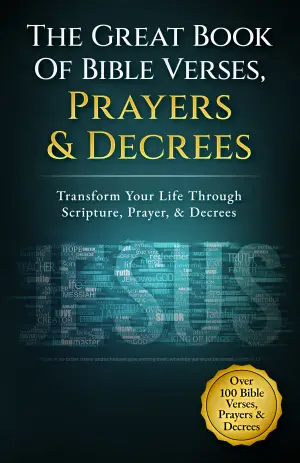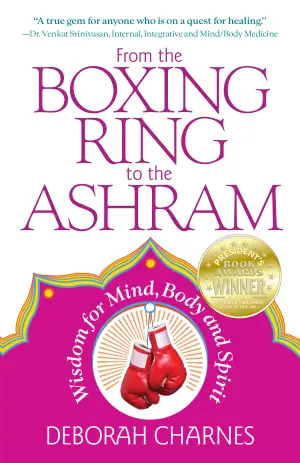A Deep Dive into the Apocalypse: Reflecting on Stephen King’s The Stand
When I first picked up The Stand, I was intrigued by the audacity of its premise: a world brought to its knees by a devastating plague, leaving only a handful of survivors to navigate the chaos and form new allegiances. Stephen King, the master storyteller himself, promises a journey of moral complexity and human resilience, and, oh boy, does he deliver! What started as a casual read quickly turned into a gripping experience, leaving me pondering the fragility of our society long after I turned the last page.
At its heart, The Stand is a tale as old as time: the eternal struggle between good and evil. On one side, you have the benevolent Mother Abagail—a 108-year-old woman embodying hope and wisdom. On the other, Randall Flagg, the Dark Man, a sinister figure dripping with charisma and malice. King’s characters are undeniably rich; they’re a tapestry of personalities woven together through shared fate and coincidence. I found myself deeply invested not just in their survival but in their moral choices as they navigated their bleak new world. It’s a testament to King’s craftsmanship that even secondary characters like the sympathetic and simple-minded Tom Cullen—"M-O-O-N, that spells ‘monkey’"—leave a lasting impact.
The pacing of the novel is a double-edged sword that elicits mixed reactions. Some readers appreciate the slow burn as it builds tension, allowing for profound character development, while others may find it meandering. Personally, I relished the moments of downtime where backstories unfurl, deepening emotional stakes before the storm of conflict erupts. King’s storytelling style—at times poetic, at others starkly brutal—immersed me into a reality where I could almost hear the echoes of death in abandoned streets.
One standout scene that still haunts me is the moment the "superflu," referred to as Captain Trips, begins ravaging the population. The chilling reality of what this means unfolds through vivid, almost palpable descriptions, forcing readers to confront the fragility of life. In this context, King’s reflections on humanity’s weaknesses and strengths resonate even more deeply in our current world, where we’ve experienced our own brush with a pandemic.
As I walked through the pages, I often found myself nodding knowingly at the characters’ struggles, wishing I could offer them survival tips—or just a hug. I can’t help but echo fellow readers who’ve proclaimed this work a masterpiece. According to one reviewer, it’s a “monumental novel that masterfully blends horror,” and I couldn’t agree more. King’s thematic exploration of morality, community, and the complexities of the human condition sits beside the litanies of societal critiques often found in classic literature.
For those who enjoy expansive epics brimming with rich characterization and thought-provoking themes, The Stand holds a cherished place on the shelf. Whether you are a die-hard King fan or a newcomer intimidated by the book’s hefty length, take the plunge. This isn’t just a story—it’s an experience that will invite you to reflect deeply on what it means to be human amidst chaos.
As I closed the book, I felt a mix of melancholy and inspiration. Reading The Stand is like staring into a dark mirror reflecting our world. It’s an exploration of survival that carries a faint glimmer of hope amidst despair—a reminder that even in our darkest moments, we still have the choice to stand together against the tide of chaos. So grab your copy, gather your courage, and join the journey through a world that might just feel a little too familiar. You won’t regret it!
[ad_2]
You can find The Stand here >>






